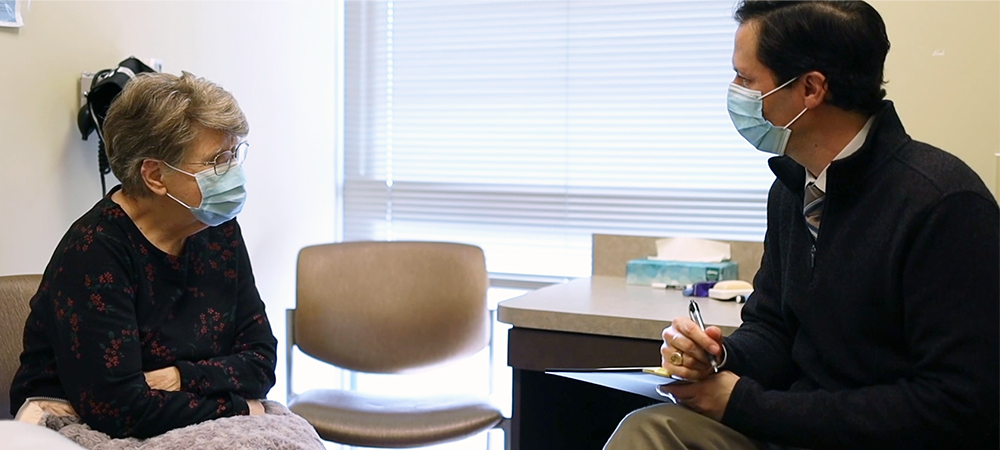
Pharmacy Residency PGY2: Geriatric Care



This dynamic residency program will produce geriatric pharmacotherapy specialists who have achieved mastery of the skills necessary to care for the aging population. The curriculum is especially well suited to foster abilities in ambulatory/primary care geriatrics.
This program is offered in conjunction with UNC Eshelman School of Pharmacy. A heavy emphasis on teaching will also provide the resident with the experience needed to function at a high level in academic environments.
Positions Available: 1
Application Deadline: January 2nd
NMS Code: 766654
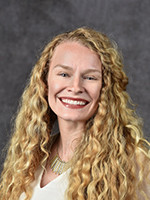 Tasha Woodall, PharmD, BCGP, CPP
Tasha Woodall, PharmD, BCGP, CPPClinical Pharmacist
Program Director, Pharmacy Residency PGY2 Geriatrics
Co-Director, MAHEC Center for Healthy Aging
Associate Professor of Clinical Education, UNC Eshelman School of Pharmacy
MAHEC is committed to inspiring and equipping the next generation of healthcare professionals and expanding access to care for all. Our vision is to create a healthier community in Western North Carolina and beyond.
The residency curriculum is delivered in a longitudinal fashion to allow residents to establish continuity and effective, long-term relationships with the patients they care for and healthcare teams with whom they collaborate.
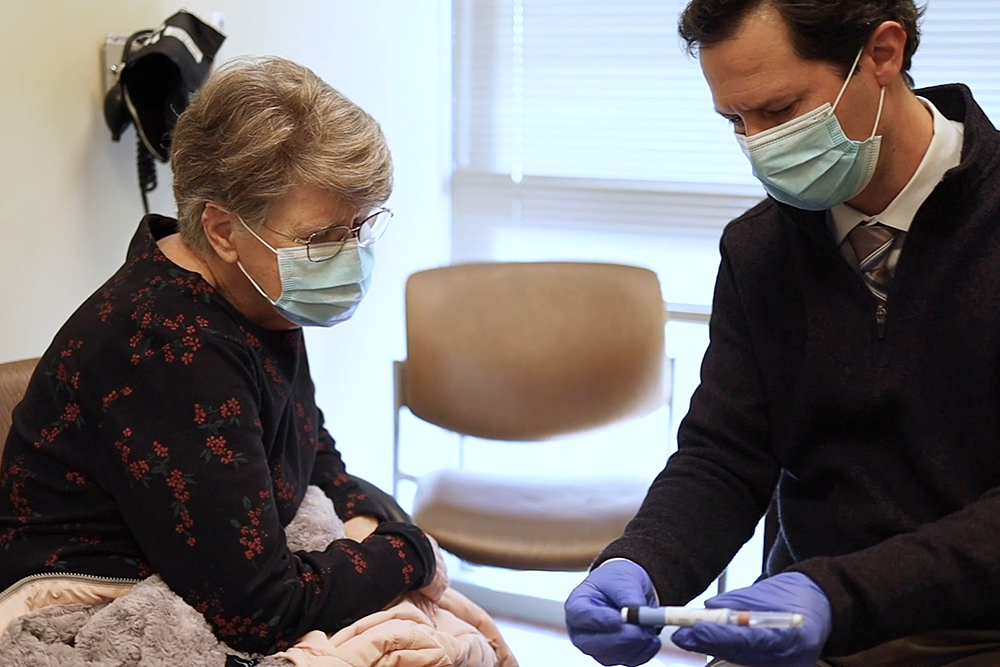
Residents will obtain their Clinical Pharmacist Practitioner (CPP) license and provide care in collaboration with a medical provider in a busy, fully established primary care clinic for ambulatory seniors. Examples of pharmacist-led services include comprehensive medication management in conjunction with Medicare Annual Wellness Visits, anticoagulation management, and diabetes education and management.
An established interdisciplinary clinic since 2007, the Osteoporosis Clinic provides specialty consultations for patients with osteoporosis or low bone mass for either primary or secondary prevention of fragility fractures. Pharmacists in this clinic offer pharmacotherapy recommendations for treatment of osteoporosis, optimization of calcium and vitamin D supplementation, and minimization of medications that heighten fall risk.
This program provides continuous, team-based primary care at home for vulnerable, high-risk older adults who are homebound or mobility-limited. Residents will spend one half-day per week performing home visits with a physician or Advanced Practice Provider to provide comprehensive medication management services and assist with care coordination.
UNC Eshelman School of Pharmacy was recently recognized by U.S. News & World Report as the #1 pharmacy school in the United States. In 2010, the Asheville satellite campus was founded to address the pharmacist shortage that exists in much of rural Western North Carolina. Asheville-based students learn about comprehensive medication management in settings that have been recognized as models for the nation.
Residents will grow as leaders in pharmaceutical education and research, benefitting from direct involvement in the School’s innovative curriculum and the mentorship of esteemed faculty.
CarePartners PACE is a capitated program for older patients who need support to remain safely at home. The service provides interdisciplinary care and services to sustain and promote independence of seniors who meet nursing home eligible criteria but wish to remain in their home. On site disciplines include a recreational therapist, physical and occupational therapists, dietician, physicians, nurses, social workers, chaplain, pharmacist, and speech therapist.
This specialized skilled nursing facility cares for adults with significant behavioral conditions that coexist with neurocognitive disorders (including dementia and neurodevelopmental disorders). All residents must have been denied placement in a community nursing facility and therefore present unique challenges, owing to their need for 24-hour supervision and assistance with activities of daily living.
Residents will provide longitudinal support for skilled nursing facilities (i.e., nursing homes) directed by MAHEC geriatric medicine faculty.
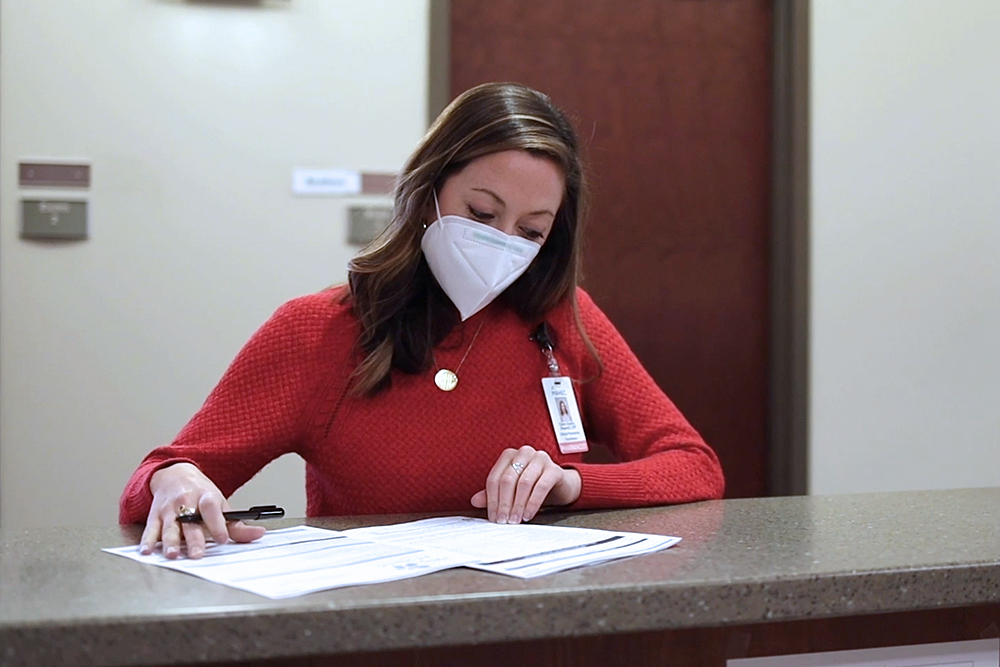
MemoryCare is a nationally revered, non-profit organization using a physician directed team based model with nurse and social worker care managers to provide specialized medical care to older adults with memory loss. The program provides education and counseling for caregivers and assists families by directing them to available community resources. Approximately 85% of the individuals and their caregivers served by MemoryCare live at home. MemoryCare strives to be a model program for quality dementia care and provides community and professional education related to aging and memory issues.
Residents will each spend 2 weeks at Cherokee Indian Hospital rounding in an outpatient geriatric specialty clinic and long-term care facility. Housing will be provided.
Half-day sessions will focus on a variety of topics, which may include:
Residents may attend national meetings for American Association of Colleges of Pharmacy (AACP), American Society of Health-System Pharmacy (ASHP) Midyear Clinical Meeting, and the American Geriatrics Society (AGS) or Academy of Senior Care Pharmacists (ASCP).
Possible electives include, but are not limited to:
| Monday | Tuesday | Wednesday | Thursday | Friday | |
|---|---|---|---|---|---|
| AM | Skilled Nursing | Black Mountain Neuromedical Treatment Center 2nd: Osteoporosis |
RPD Check-in Administrative Time 2nd: Academia |
Hospice or Palliative Care 4th: Memory Clinic |
PACE |
| PM | Pharmacy Clinic | MAHEC Home-Based Primary Care | Monthly Forum Leadership Diabetes Didactics |
Pharmacy Clinic | PACE |
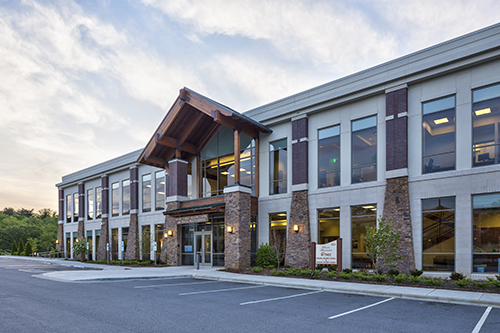
Pharmacists are integral members of the care team at MAHEC, including MAHEC's four family health centers, an internal medicine practice, an Ob/Gyn practice, a dental practice, a certified community behavorial health clinic, home-based primary care, and two continuous care retirement communities in Asheville. MAHEC pharmacists provide comprehensive medication management services for needs related to anticoagulation, diabetes, osteoporosis, HIV, hepatitis C, opioid and substance use disorders, safe pain management, transitions of care, and pharmacotherapy for acute and chronic conditions. MAHEC patients see clinical pharmacists for many reasons including insulin titration, managing and accessing medications, device training, and Medicare Annual Wellness Visits. Our practice model has been recognized nationally in numerous publications and presentations.
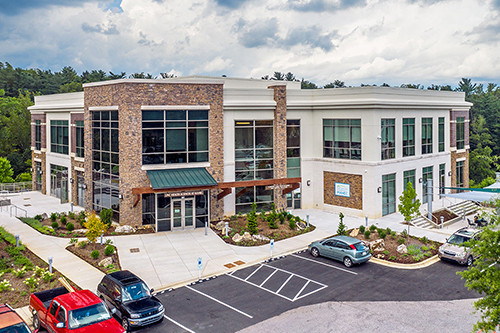
The UNC Eshelman School of Pharmacy Asheville Campus is located at UNC Health Sciences at MAHEC, which houses programs affiliated with UNC's schools of medicine, public health, and dentistry. All of these programs emphasize care for patients who are historically rural, place-based and rural learning, and interprofessional education and practice. The Asheville Campus has 30 student pharmacists in each cohort, world-class faculty members and researchers, and dedicated student-centered staff members in administration and educational technology. The Asheville Campus partners with MAHEC to offer PGY2 residency programs in ambulatory care and geriatrics and with Mission Health to offer PGY2 residencies in ambulatory care, emergency department, and administration.
Please note that MAHEC does not sponsor a visa, so all international pharmacy graduate applicants must possess a current/valid visa option or other status governed by the U.S. Immigration Regulations to participate in a GME program.
| November | Applications may be submitted through PhORCAS |
| January 2nd | Application deadline |
MAHEC does not directly sponsor residents or fellows that need a J-1 Sponsorship VISA. Non-U.S. citizen applicants needing visa sponsorship must secure this directory from the Educational Commission for Foreign Medical Graduates (ECFMG). The ECFMG is authorized by the U.S. Department of State to sponsor foreign national physicians for the J-1 Exchange Visitor visa for the purpose of participating in U.S. programs of graduate medical education or training. ECFMG is designated by the U.S. Department of State as a BridgeUSA sponsor for J-1 exchange visitor physicians enrolled in accredited programs of graduate medical education or training, or advanced research programs (involving primarily observation, consultation, teaching, or research). Although many universities and research institutions in the United States are authorized to sponsor exchange visitors as research scholars, ECFMG is the sole sponsor of J-1 physicians in clinical training programs.
Questions regarding VISA Sponsorship should be directed to the GME office at 828-232-2946 or gme@mahec.net.
